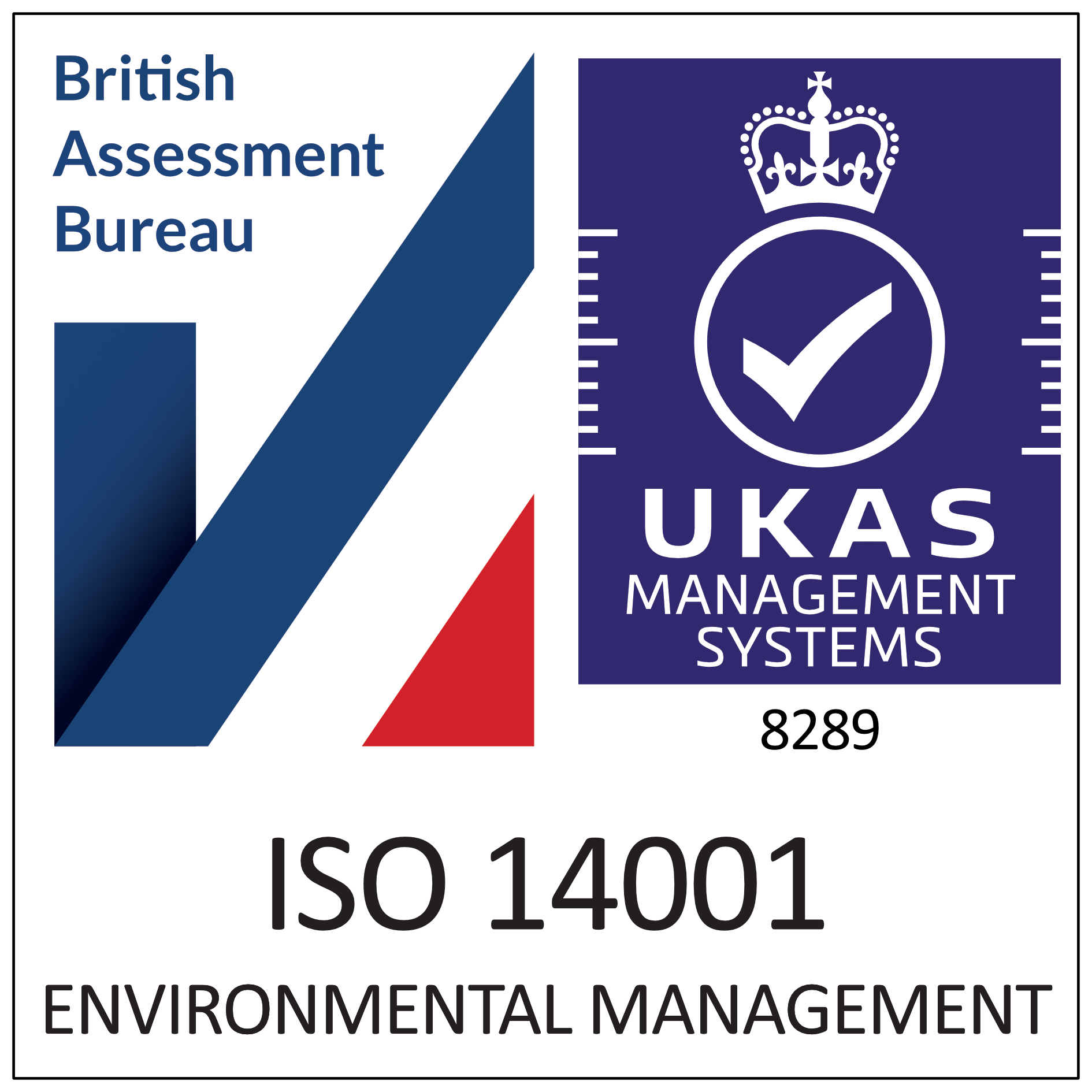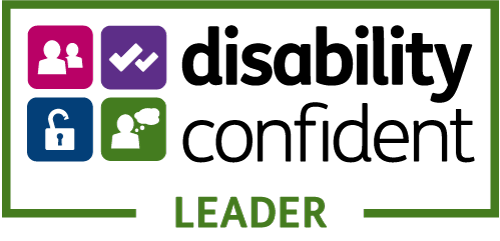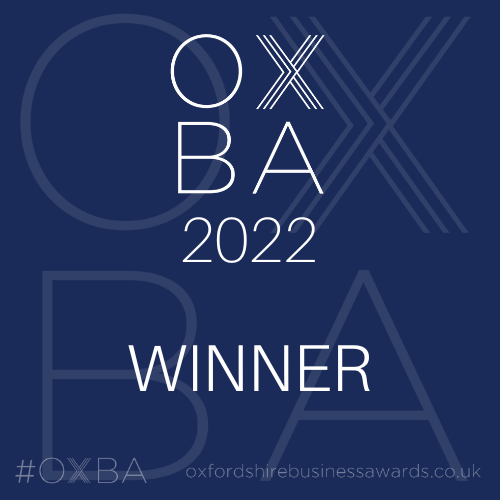
Welcome Wednesdays
Drop in on any Wednesday and see what Abingdon & Witney College has for you!

Drop in on any Wednesday and see what Abingdon & Witney College has for you!
Search our website for news, courses, and general information
Course code: XMZS400P
Subject area: Early Years
Study level: Apprenticeship
Course level: 2
Course time:
Days of week:
Various
Course date:
Flexible Start - 31st Jul 2025
Course location:
Off SiteDuration:
• 13 months practical training period, plus 3 months for End Point Assessment
Delivery model:
• Work-based training with your employer
• Approximately 12 on-site assessment visits per year
• Level 2 Functional Skills in Maths and English (7 days at college for each, if required)
• Off the job training will count for at least 6 hours a week of an apprentice’s time at work
Qualifications included:
• Level 2 Functional Skills in English and Maths
• Level 2 Diploma in Early Years Practitioner
• Level 2 Early Years Practitioner Apprenticeship
End Point Assessment:
• Knowledge test
• Professional discussion
• How children learn and the expected pattern of babies and children’s development from birth to 5 years and their further development from ages 5 to 7. Areas of development include: cognitive, speech, language and communication, physical, emotional, social, brain development and literacy and numeracy.
• The importance to children’s holistic development of, speech, language and communication, personal, social and emotional development, physical development and literacy and numeracy.
• How babies’ and young children’s learning and development can be affected by their stage of development, well-being and individual circumstances.
• The significance of attachment, the key person's role and how transitions and other significant events impact children.
• The legal requirements and guidance on safeguarding, security, confidentiality of information and promoting the welfare of children.
• Safeguarding policies and procedures, including child protection and online safety.
• Own role and responsibilities in relation to safeguarding and security, including child protection, reporting and confidentiality of information.
• The legal requirements and guidance for, Health and safety and Security
• Risks and hazards in the work setting and during off site visits.
• Level 2 Functional Skills in English and Maths
• Level 2 Diploma in Early Years Practitioner
• Level 2 Early Years Practitioner Apprenticeship
• Recognise when a child is in danger, at risk of serious harm or abuse and explain the procedures to be followed to protect them. Types of abuse including: domestic, neglect, physical, emotional, and sexual abuse.
• Identify risks and hazards in the work setting and during off site visits, relating to both children and staff
• Demonstrate skills and understanding for the prevention and control of infection, including hand washing, food preparation and hygiene, dealing with spillages safely, safe disposal of waste, using correct personal protective equipment.
• Use equipment, furniture and materials safely, following the manufacturers’ instructions and setting’s requirements.
• Encourage children to be aware of personal safety and the safety of others and develop personal hygiene practices (including oral hygiene).
• Promote health and wellbeing in settings by encouraging babies and young children to consume healthy and balanced meals, snacks and drinks appropriate for their age and be physically active through planned and spontaneous activity throughout the day, both indoors and outdoors.
• Care and compassion - provide the very best childcare to every child every day combined with the ability to identify opportunities for development.
• Honesty, trust and integrity - develop trust by working in a confidential, ethical and empathetic manner with a common sense and professional attitude.
• Positive work ethic – maintains professional standards within the work environment providing a positive role model for children.
• Being team-focused - work effectively with colleagues and other professionals.
• Commitment - to improving the outcomes for children through inspiration and child centred care and education.








